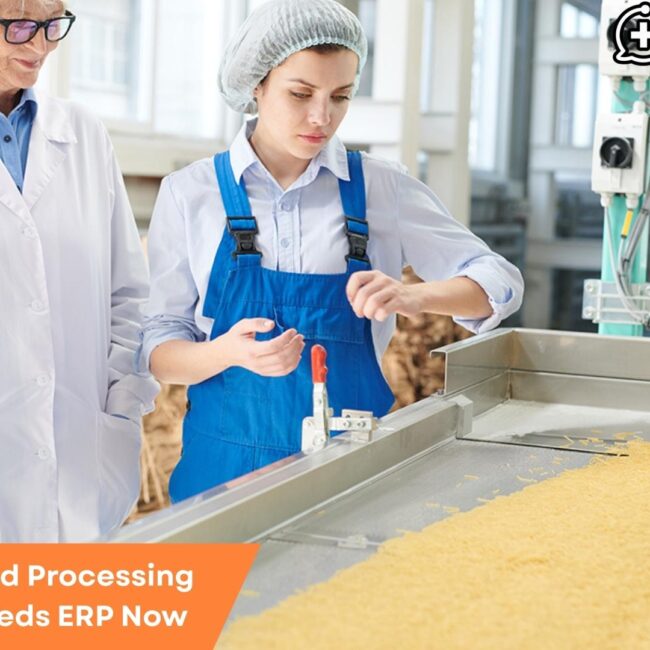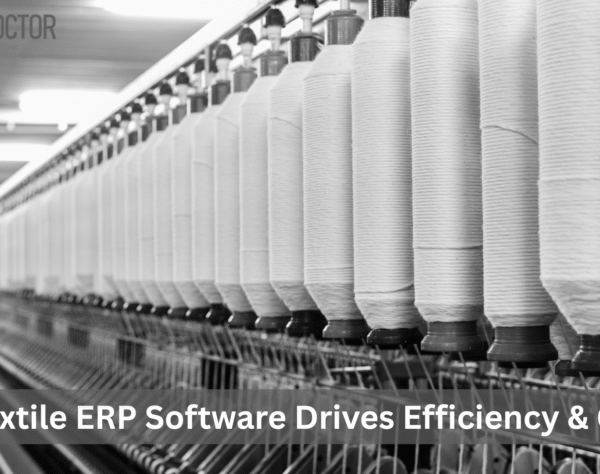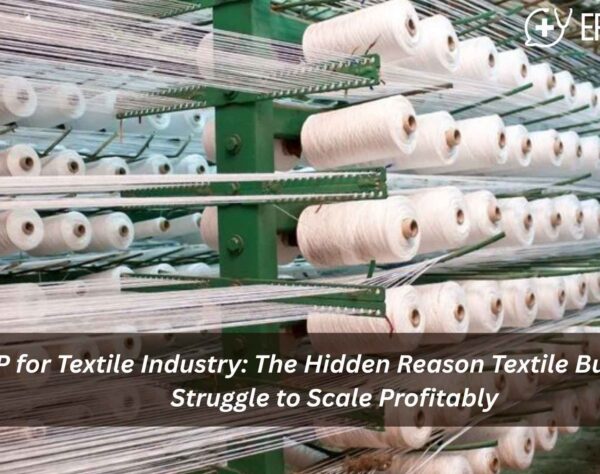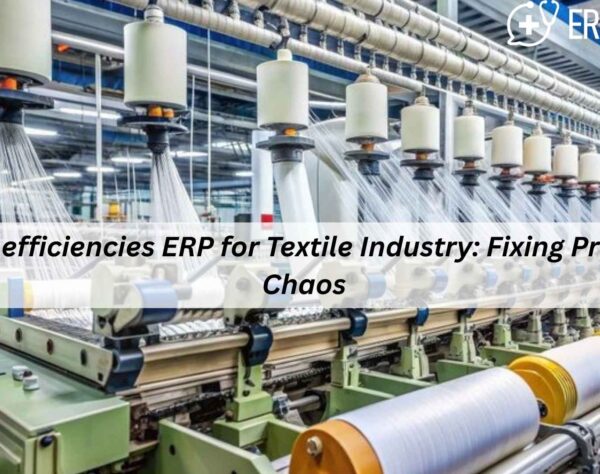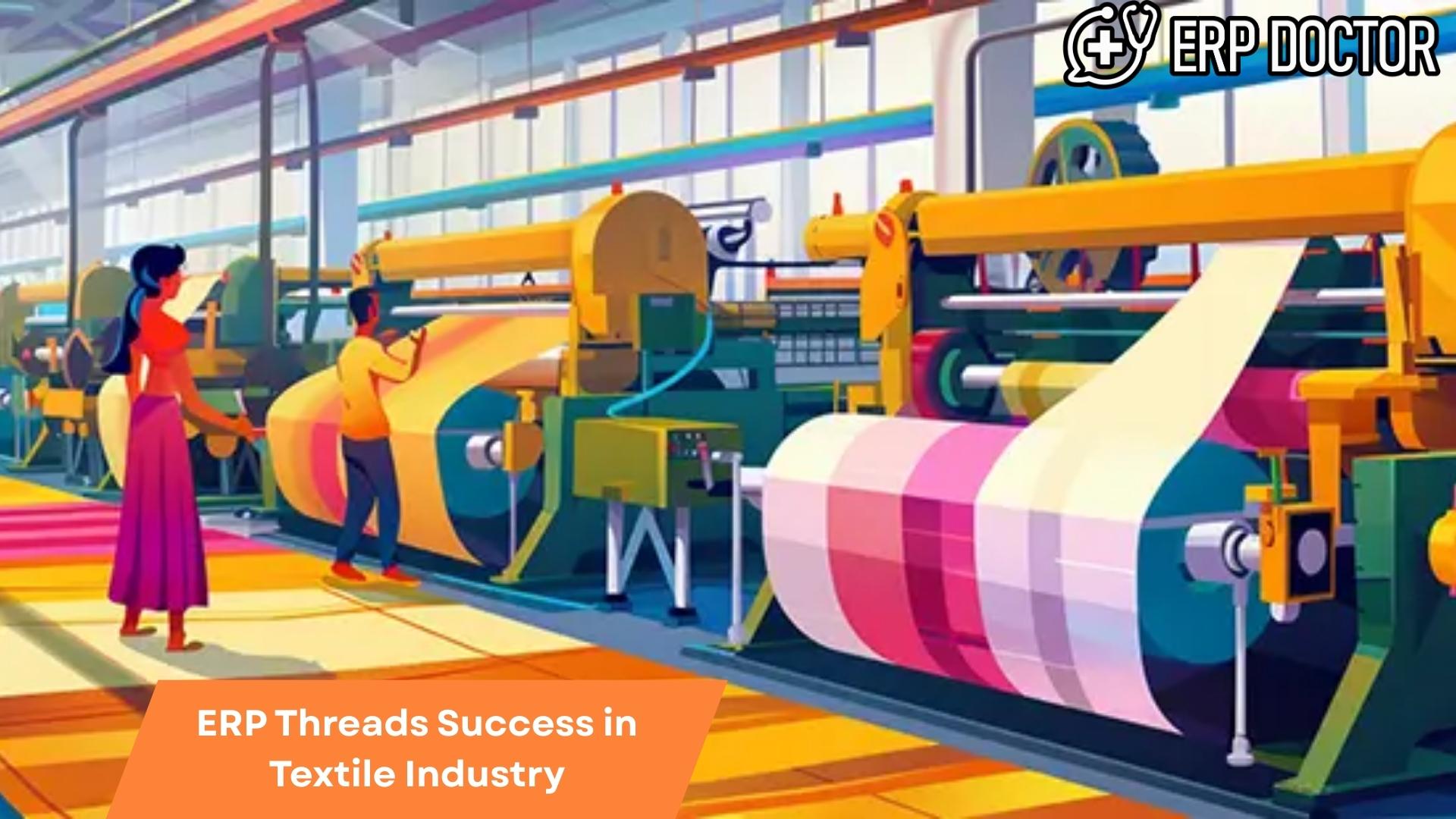
ERP Threads Success in Textile Industry
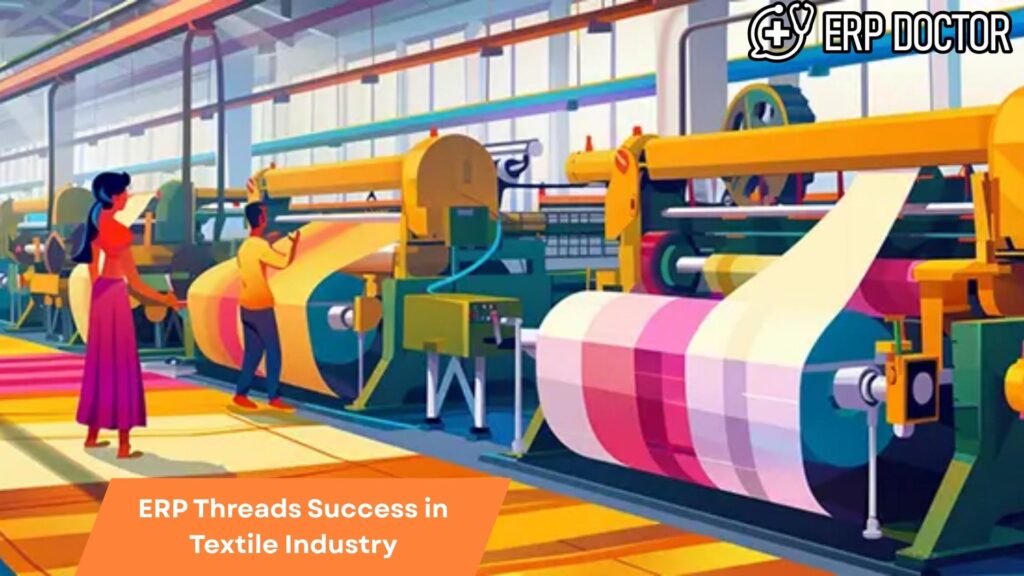
Weaving Growth: How ERP Threads Success in Textile Industry
The textile industry is a cornerstone of global manufacturing, providing fabrics, garments, and materials that power countless industries. But behind the looms and sewing machines lies a complex web of supply chains, inventory management, production scheduling, and compliance requirements. To manage these challenges, businesses increasingly rely on ERP solutions for textile industry to streamline operations, improve visibility, and drive profitability. Let’s explore how ERP threads success through every layer of textile manufacturing.
Why ERP Is Essential for the Textile Industry
Modern ERP for textile industry integrates all core business processes into a unified system. From managing raw material procurement to tracking finished goods distribution, ERP provides real-time insights and automation that help textile companies stay competitive in today’s fast-moving market. Working with a trusted ERP software company or ERP solution provider ensures the system is tailored to meet specific industry needs.
Core Benefits of ERP Solutions for Textile Industry
- Streamlined Supply Chain Management
Textile businesses rely on a vast network of suppliers and distributors. ERP solutions for textile industry connect every touchpoint, reducing lead times, preventing stockouts, and ensuring smooth material flow. - Production Planning and Scheduling
ERP enables precise production planning, helping textile manufacturers align capacity with demand, reduce waste, and avoid bottlenecks. - Inventory Control and Traceability
With multiple fabric types, dyes, and trims, inventory management can be overwhelming. ERP offers detailed tracking, minimizing errors and improving traceability across batches. - Regulatory Compliance
Environmental and labor regulations are strict in the textile sector. An experienced ERP solution provider helps businesses stay compliant by automating reporting and documentation. - Enhanced Data Analytics
Through robust dashboards and reporting tools, ERP for textile industry transforms raw data into actionable insights, empowering leadership to make faster, smarter decisions.
The Role of an ERP Software Company
Choosing the right ERP software company is crucial for textile businesses. These companies bring deep industry expertise, helping tailor ERP systems to handle the unique challenges of textile production, including color matching, shrinkage control, and multi-level BOM (bill of materials) management. With the right ERP solution provider, textile companies can integrate ERP with existing machinery, sales systems, and distribution networks.
Why ERP Solutions Matter for Textile Manufacturers
Implementing ERP for textile industry is more than just a tech upgrade—it’s a business transformation. ERP systems enhance productivity, improve collaboration between departments, and create the foundation for scalable growth. As textile businesses face rising customer demands, tighter margins, and increased competition, ERP becomes an essential tool for staying agile and responsive.
Key Features to Look for in ERP Solutions for Textile Industry
When evaluating ERP options, textile companies should prioritize features such as:
- Fabric and raw material management
- Production scheduling and monitoring
- Quality control integration
- Compliance tracking and reporting
- Advanced demand forecasting
- Financial and cost management modules
Leading ERP software companies and ERP solution providers ensure these capabilities are delivered within customized ERP solutions designed specifically for the textile industry.
Future Trends: ERP and the Digital Textile Revolution
Modern ERP solutions for textile industry now incorporate cutting-edge technologies such as IoT sensors, AI-driven demand forecasting, and cloud platforms. These innovations allow textile businesses to monitor production in real time, automate routine tasks, and gain deeper insights into market trends. Working with a forward-thinking ERP software company ensures your business stays ahead of the curve.
Final Thoughts
In today’s highly competitive environment, the textile industry must embrace digital transformation to thrive. ERP solutions for textile industry provided by expert ERP software companies and ERP solution providers offer the tools necessary to enhance operations, improve quality, and unlock new growth opportunities. ERP truly threads success through every part of the textile business, weaving a stronger, more resilient future.
FAQs
1. How does ERP improve textile production planning?
ERP aligns capacity, materials, and labor to ensure efficient production schedules.
2. Can ERP handle multi-level bill of materials (BOM) in textile manufacturing?
Yes, ERP systems manage complex BOM structures, including fabrics, dyes, and accessories.
3. How does ERP help reduce textile waste?
By optimizing production and inventory, ERP minimizes overproduction and material waste.
4. What should textile companies look for in an ERP software company?
Industry experience, customization options, and strong implementation support.
5. How does ERP improve customer satisfaction in the textile sector?
Through better order accuracy, faster delivery, and improved product quality.
6. Can ERP systems integrate with textile machinery and IoT devices?
Yes, modern ERP solutions support IoT integration for real-time monitoring and control.
7. How do ERP solutions support sustainability in textile manufacturing?
They track resource usage, optimize energy consumption, and improve compliance with environmental standards.
8. Is cloud-based ERP suitable for textile companies?
Yes, cloud ERP offers flexibility, scalability, and remote access for multi-site operations.
9. How does ERP assist in textile industry compliance?
By automating regulatory reporting and ensuring adherence to labor and environmental standards.
10. What role does data analytics play in ERP for textile industry?
Data analytics turn operational data into insights, guiding strategic decisions and performance improvements.
If you’re ready to transform your textile operations, connect with a leading ERP software company or ERP solution provider today!



